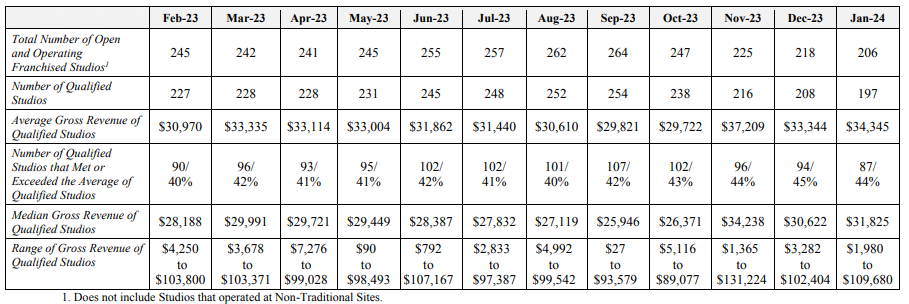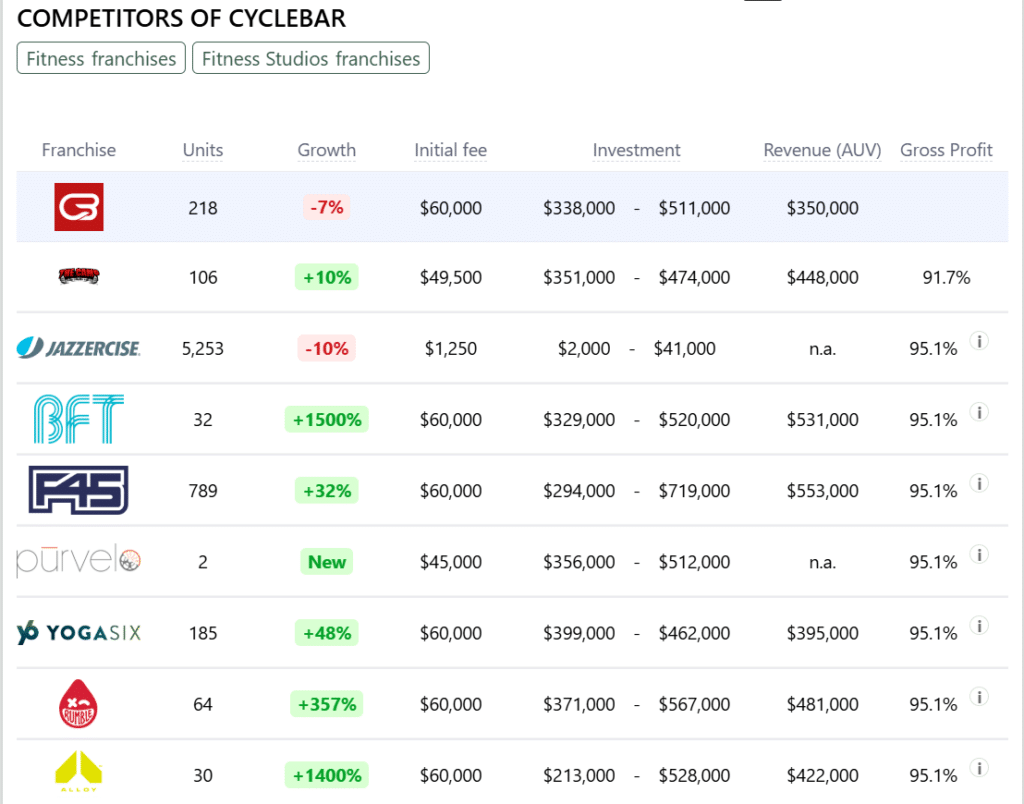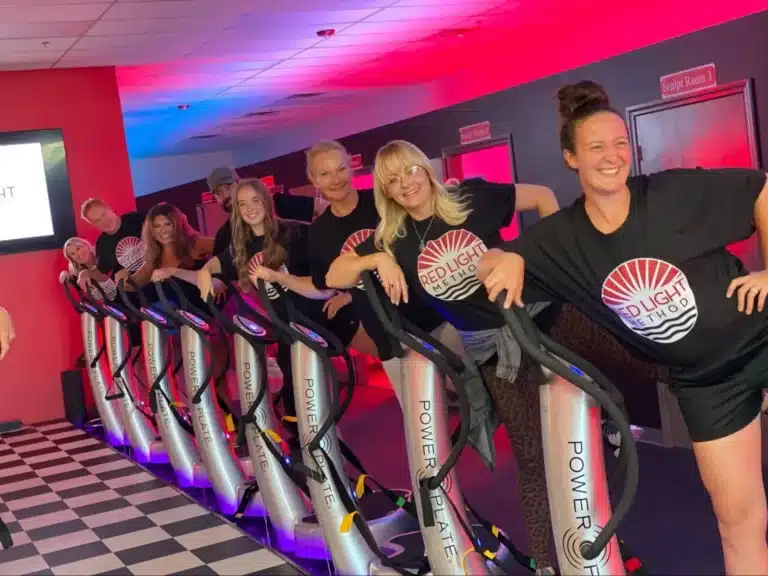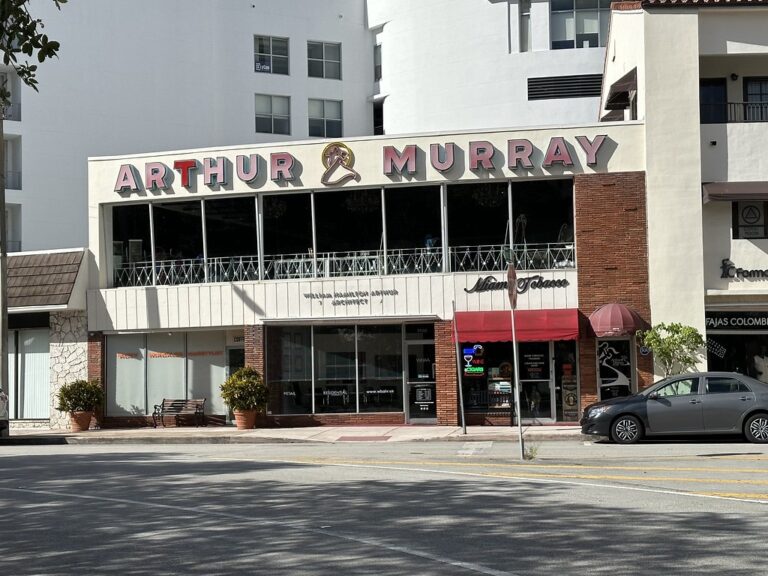CycleBar Franchise FDD, Profits & Costs (2025)

CycleBar, established in 2014, has rapidly risen to prominence as the leading indoor cycling brand. It’s celebrated for fostering a strong sense of community through its energetic, low-impact cycling sessions suitable for all fitness levels.
CycleBar distinguishes itself with its unique “CycleTheaters,” offering an immersive cycling experience led by expertly trained instructors, accompanied by the brand’s proprietary “CycleBeats” playlists and “CycleStat” performance tracking, creating a personalized and engaging workout environment.
Headquartered in Irvine, CA, CycleBar’s substantial growth and presence in the franchise sector highlight its successful expansion strategy.
Recognized for its significant achievements, CycleBar has been featured in Entrepreneur Magazine’s Franchise 500 for five consecutive years, showcasing its prominence and innovation within the indoor cycling and fitness franchise industry.
Initial Investment
How much does it cost to start a CycleBar franchise? It costs on average between $338,000 – $511,000 to start a CycleBar franchised studio.
This includes costs for construction, equipment, inventory, and initial operating expenses. The exact amount depends on various factors, including the type of studio you choose, the location, and whether the franchisee chooses to lease or purchase the property.
| Type of Expenditure | Amount |
|---|---|
| Initial Franchise Fee | $60,000 – $60,000 |
| Initial Training Program Fees | $0 – $0 |
| On-Site Grand Opening Assistance | $0 – $2,500 |
| Travel & Living Expenses While Training | $0 – $2,500 |
| Real Estate/Lease | $25,000 – $35,000 |
| Net Leasehold Improvements | $129,000 – $244,730 |
| Payments in Connection with Fitness Equipment & Initial FF&E Package | $8,600 – $22,700 |
| Signage | $11,000 – $26,905 |
| Additional Operating Supplies and Accessories | $10,000 – $10,000 |
| Pre-Sales and Soft Opening Retail Inventory Kit | $12,000 – $12,000 |
| Computer System, A/V Equipment, and Related Components | $44,900 – $44,900 |
| Business Licenses | $500 – $1,000 |
| Technology and Software Fees | $3,620 – $3,620 |
| Insurance Policies | $1,100 – $2,600 |
| Initial Grand Opening Marketing & Advertising Spend | $15,000 – $15,000 |
| Initial Instructor Training Fee | $5,000 – $5,000 |
| Additional Funds – 3 months | $12,000 – $23,000 |
| TOTAL ESTIMATED INITIAL INVESTMENT | $337,720 – $511,455 |
Average Revenue (AUV)
How much revenue can you make with a CycleBar franchise? A CycleBar franchised location makes on average $350,000 in revenue (AUV) per year.
Here is the extract from the Franchise Disclosure Document:

This compares to $414,000 yearly revenue for similar fitness studios franchises. Below are 10 CycleBar competitors as a comparison:

Download the Franchise Disclosure Document
Frequently Asked Questions
How many CycleBar locations are there?
As of the latest data, CycleBar operates 219 franchised locations globally, with no company-owned studios. This rapid expansion makes CycleBar one of the largest boutique indoor cycling franchises.
What is the total investment required to open a CycleBar franchise?
The total investment required to open a CycleBar franchise ranges from $338,000 to $511,000.
What are the ongoing fees for a CycleBar franchise?
For a CycleBar franchise, franchisees are required to pay an ongoing royalty fee of 7% of their gross revenue. This fee covers the use of the CycleBar brand, access to proprietary systems, and ongoing support provided by the franchisor.
In addition to the royalty fee, franchisees must also contribute 2% of their gross revenue toward advertising. This advertising fee helps fund national and regional marketing efforts, ensuring brand visibility and promotional support for all franchise locations.
What are the financial requirements to become a CycleBar franchisee?
To become a CycleBar franchisee, the financial requirements include having a minimum net worth of $500,000 and liquid assets of at least $100,000. These financial thresholds are necessary to cover the initial investment and to ensure franchisees have sufficient resources to operate the business successfully.
How much can a CycleBar franchise owner expect to earn?
The average gross sales for a CycleBar franchise are approximately $0.35 million per location. Assuming a 15% operating profit margin, $0.35 million yearly revenue can result in $53,000 EBITDA annually.
Who owns CycleBar
CycleBar is owned by Xponential Fitness, a parent company that also owns several other boutique fitness brands, including Club Pilates, Row House, StretchLab, and Pure Barre. Xponential Fitness, founded by Anthony Geisler, acquired CycleBar to expand its portfolio in the boutique fitness industry, making it one of the largest fitness franchises globally.
Disclaimer
Disclaimer: This content has been made for informational and educational purposes only. We do not make any representation or warranties with respect to the accuracy, applicability, fitness, or completeness of the information presented in the article. You should not construe any such information or other material as legal, tax, investment, financial, or other professional advice. Nothing contained in this article constitutes a solicitation, recommendation, endorsement, advertisement, or offer to buy or sell any franchises, securities, or other financial instruments in this or in any other jurisdiction in which such solicitation or offer would be unlawful under the franchise and/or securities laws of such jurisdiction.
All content in this article is information of a general nature and does not address the detailed circumstances of any particular individual or entity. Nothing in the article constitutes professional and/or financial and/or legal advice, nor does any information in the article constitute a comprehensive or complete statement of the matters discussed or the law relating thereto. You alone assume the sole responsibility of evaluating the merits and risks associated with the use of any information or other content in this article before making any decisions based on such information or other content.




